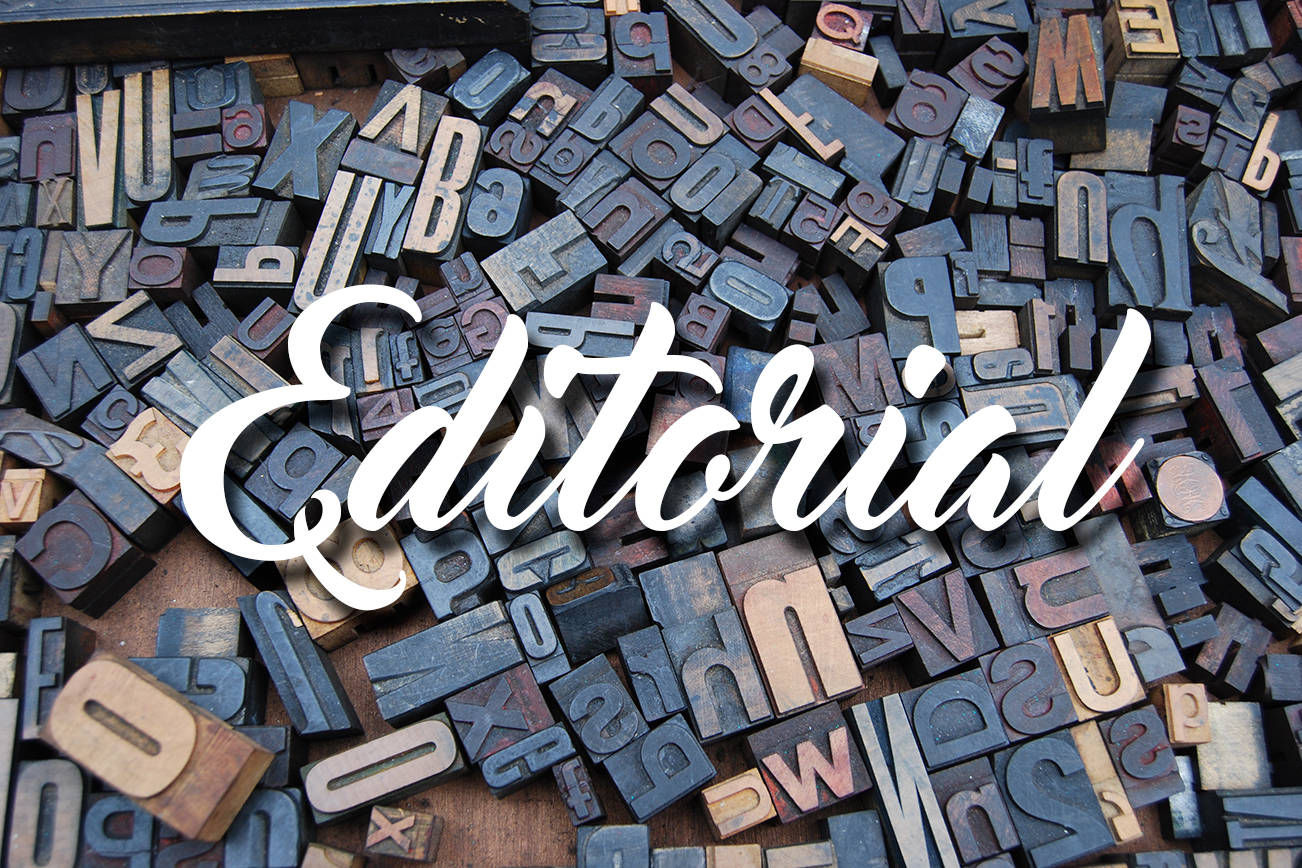I was absolutely heartbroken to hear that Wolf Hollow Wildlife Rehabilitation Center had to euthanize a 6-week-old fox kit on May 14.
My eyes welled up with tears as I read that a human had discarded a peanut butter jar, with food still inside, where a kit on San Juan Island was able to find it. The fox, which was only about four inches long, first got her head stuck in the jar in an attempt to get a taste of what remained inside. She used her paw to pry her way out, but that, too, became stuck within the container. She broke her humerus in multiple places, causing her a lot of pain, according to Wolf Hollow.
The leg was beyond repair, and she would not have been able to return to the wild without an appendage. She was very young and extremely wild so Wolf Hollow would not have been able to have her as an educational ambassador. Their only option was euthanasia.
It is imperative that humans — as the species with the highest impact on the planet — do what we can to not negatively affect wildlife. Yet, that seems to be all we do. Plastic bags, chip bags, empty jars, those plastic six-pack holders — all of these things have been proven to kill animals. This poor kit was just the latest victim in an ongoing struggle between wildlife and garbage.
Leave No Trace is a set of principles that San Juan County adopted in April 2016 to help keep our islands pristine. We were the first county in the nation to formally adopt these principles. One of those tenants is to minimize litter by packing out what you’ve packed in. Proper cleaning and disposal of recyclables and refuse is imperative to keep our lands and seas clean for future generations to enjoy.
This peanut butter jar should have been cleaned thoroughly and recycled properly. If the person who haphazardly disposed of that jar had done what they should have, this kit would still be alive today.
Washing your recyclables not only keeps them from luring curious and hungry animals into a potential death trap, it is also required for solid waste centers. They cannot recycle anything with food on it. If something is not recyclable, make sure you take the right steps to dispose of it. Leaving it behind is not an option. Take the following steps to reduce your garbage’s affect on wildlife:
• Cut through the rings in plastic packaging.
• Keep garbage bins closed securely to avoid tempting raccoons.
• Reduce the amount of plastic that you throw away — try recycling or using fewer plastic products.
• Rinse containers, jars or bottles that once contained food, then crush them or cut them apart so animals can’t become stuck in them. You should also put the lid back on bottles and jars after you’ve rinsed them.
So the next time you are too busy to take care of your trash properly, think of that dead fox.




